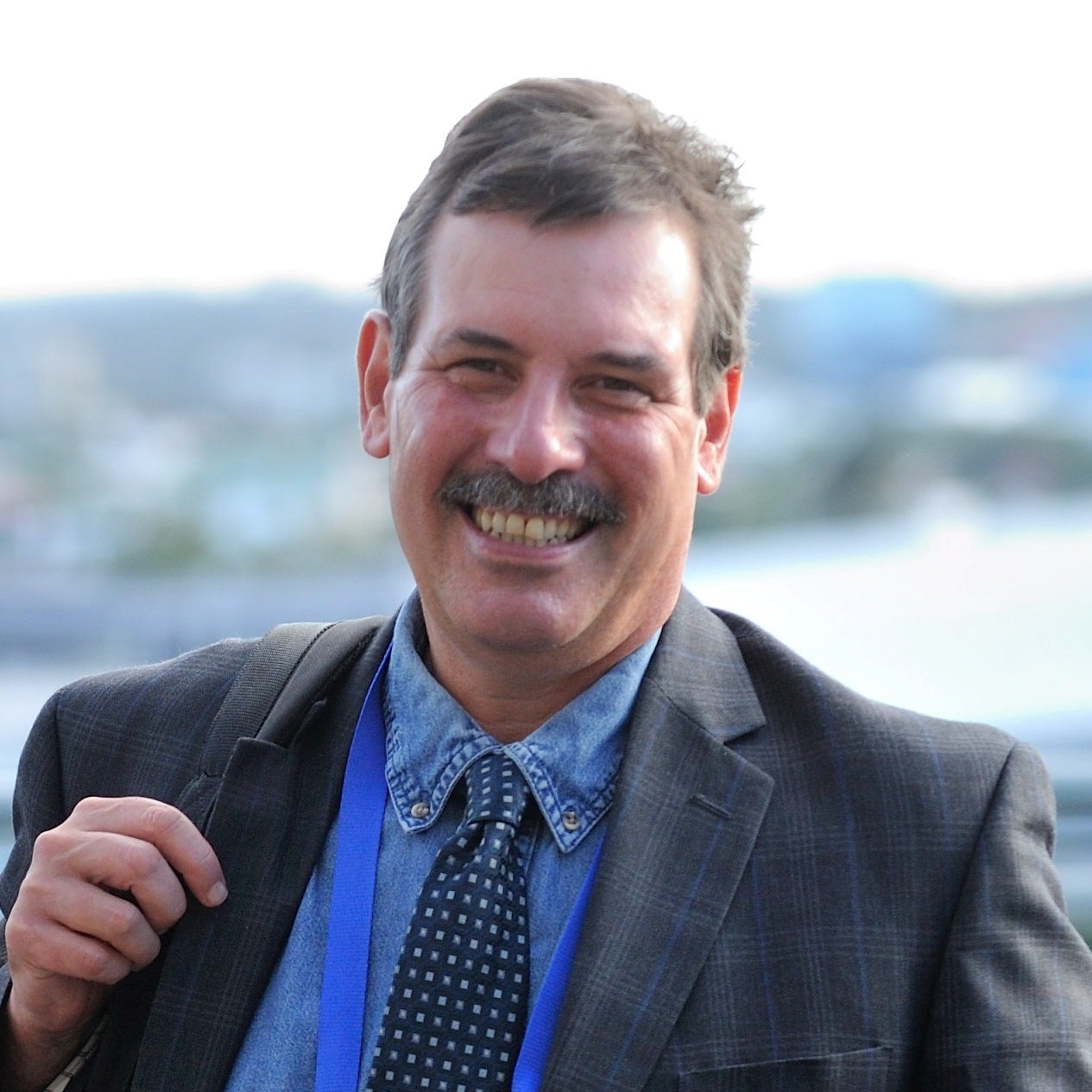Enhancing the Quality of Campus Climate Survey Data: The Contribution of a Supplementary Open-Ended Question
Recently, only a few fields have moved as far and fast as research on various types of crime on North American institutions of higher education. Despite major empirical advances that have been made since the mid 1980s, obtaining accurate estimates of the prevalence of violence against women and other harms on the college campus is still one of the biggest methodological challenges in survey research. The problem of underreporting is difficult to overcome and is not likely to be eliminated in the near future. For example, many people do not disclose their victimization experiences because of fear of reprisal, reluctance to recall traumatic memories, memory error, and other factors.
Further, there may have experienced things that are not included in closed-ended questions. And, they may want to provide information on important issues that a campus survey was not specifically designed to uncover. There are several effective ways of dealing with these challenges, one of which is adding a supplementary open-ended question to a questionnaire.
Using qualitative data derived from the Campus Quality of Life Survey (CQLS) administered at a large college in a South Atlantic Region of the United States, the main objective of this presentation is to show that asking respondents to complete such a question situated at the end of an instrument crafted to measure stalking, sexual assault, intimate partner violence, and hate crime revealed evidence of a culture of angry white men who perceive themselves as what sociologist Arlie Russell Hochschild refers to as “strangers in their own land.”
About the speaker

Also: Join an afternoon methods workshop with Professor DeKeseredy, Using Crime Surveys as Tools of Critical Insight, focused on innovative ways of enhancing the quality of crime victimization survey data. March 13, 2:30-4:30 pm in PAS 2030.
Questions? Contact Professor Janice Aurini or Professor Kate Henne.
This event is part of the 2018-2019 Transnational Talks series, a Department of Sociology and Legal Studies initiative supported by Waterloo International, which aims to foster international collaboration and enhance methods training and exposure among faculty and students.